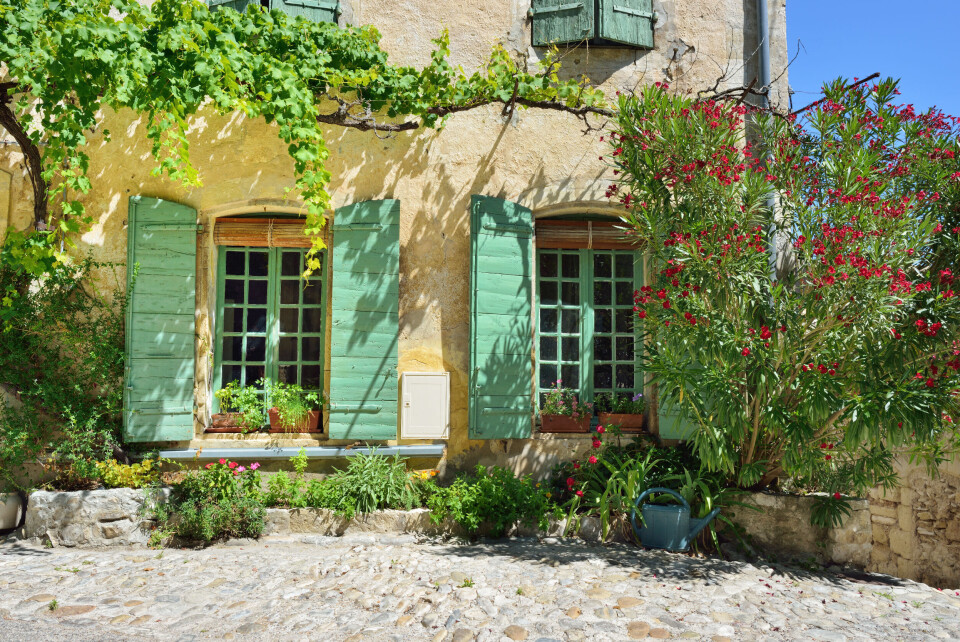-
How can I find out who the owner of a property is in France?
There are a few methods you can use to ascertain ownership
-
French property market: latest official statistics for 2025
Notaires have presented a ‘cautiously optimistic’ but still-mixed picture
-
Photos: our cosy and ecological home in the south of France
Reader Lucy Truscott, 49, describes how she and husband made a home for themselves in Hérault
French social charge reduction: How can we prove NHS ‘membership’?
UK residents and S1-holders can still benefit from reduced social charges rates for rental income and property gains with proof of integration into UK healthcare system

Reader Question: We are UK residents who have never earned any French income to date but who are now selling our second home in France.
Having read your recent article on the change to the law on social charges for S1-holders and UK residents we wrote to our tax representative to claim the social charges levy reduction.
However, they asked us for further evidence of our connection to the UK social system, and discounted proof of us both being UK state pensioners and also our certificates of NHS membership since birth and recent hospital appointment letters containing our current address. What else can we do?
Following a change of position from the French tax office, UK residents and S1 health form holders in France – including British pensioners – can continue to benefit from reduced social charges on capital gains made on sales of property other than their main home, as well as rental and investment income.
Those concerned will continue to pay only the prélèvement de solidarité at 7.5% instead of the usual full social charges rate of 17.2%, which includes the charges CSG and CRDS.
This comes after an initial analysis last year which stated that UK residents would not benefit from the reduced rate because the UK had left the EU and its citizens were therefore no longer included in the bloc’s coordination of social security systems.
In order to be entitled to the charge reduction, UK residents must be able to prove that they are integrated into the British social security system.
If their property is worth more than €150,000, post-Brexit UK residents must appoint a French tax representative responsible for calculation and payment of their tax and social charges. It is this person who needs to see the evidence in the current case, which involves confirming your right to the reduced charges on a sale which is going through.
Having provided your NHS certificates and proof of recent hospital appointments, your representative asked for an attestation d’affiliation émanant de votre organisme maladie (an attestation proving affiliation to your healthcare system).
A spokeswoman for the UK’s Department of Health and Social Care has told The Connexion that a letter from your GP confirming that you are covered by the NHS for your healthcare should be accepted as this attestation.
She added that the umbrella body NHS England, for example, would not deal with these individual cases, so it would be better to turn to your own doctor.
Your tax representative may accept a letter written in English, but if not, you will need to have the document translated by a French official translator (traducteur assermenté or agréé). This should cost around €50.
Related articles
Brexit: charges victory for UK pensioners in France and second homes
























